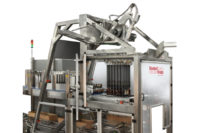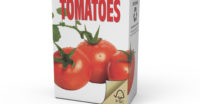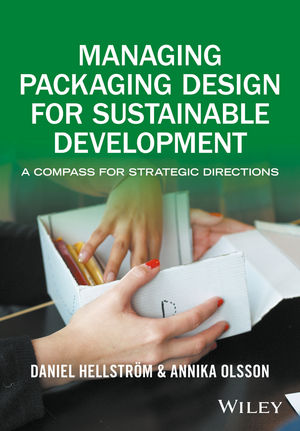New Line Primes Company for Future Expansion






Plastic Coated Papers, Inc. of Pensacola, Fla., an employee-owned company, has seen consistent growth over more than three decades. The company, which supplies local and international markets with high-quality, customized polycoated products such as polycoated paper, freezer paper, foil coated paper and pre-laminated sleeve stock used in food service, construction, home products and other industries, installed its second Davis-Standard extrusion coating line as the company positions itself for future expansion.
The new Davis-Standard line complements the company’s existing Black Clawson Converting Machinery Division machine, known as “the tank.” But to fully appreciate the addition of the new line, one must take into account the unique history behind Plastic Coated Papers and the existing Black Clawson machine, which is 60 years old. Founders Dave Mayo (deceased) and Dave Pitts, along with 15 colleagues, got together and “pooled their pennies” to start their own business in 1986.
They had all been working for paper-coating company St. Regis when it was sold to Champion, resulting in a closure of the facility where they worked and the sale of the company’s Black Clawson extrusion coating machine. Mayo and Pitts, along with three other supervisors and 12 production workers, decided they knew enough about the business to take a risk and go out on their own. Mortgaging their homes and spending every cent in their private savings, they purchased the extrusion coating line, found a property a few miles down the road, bought the land with a lease-to-buy plan, and built a 10,000-square-foot (930-square-meter) facility. By May of 1986, Plastic Coated Papers was off and running. The company has since expanded its original building to 75,000 square feet (7,000 square meters) and has sales of $20 million.
“We knew we could make a quality product, had excellent relationships in the industry and a good polyethylene supplier,” explains Pitts. “Our success was built on a lot of hard work and dedication filled with long hours and many blessings. Our customers came first and we got the machine at a good price. We started production running five days a week, but quickly moved to seven days a week, 24 hours a day. Within five years, we recouped our investment.”
Pitts says the machine has been outstanding, only requiring occasional feedscrew, die and barrel replacements. The company will continue to run this line in addition to the new one. The new line will be capable of speeds up to 1,500 feet per minute (450 mpm) with maximum untrimmed web widths of 74 in. (1,800 mm). Davis-Standard supplied all components including extruder, die with APC, automatic unwind/splicer, pre-corona treater, extrusion coater/laminator, auxiliary unwinds, slitters, post/corona treater, automatic winder/roll changer, Integrator supervisory control system and associated equipment. The line features the latest automation technology and is expected to add a new level of efficiency and production speed to Plastic Coated Papers’ current operation.
According to Plastic Coated Papers’ current president, Steve Pinette, who has been with the company since 2004, “The new line positions us for the long-term as we support our existing product portfolio and provide even greater customization for our customers in the U.S. and abroad. The current line is a tank, and we know we’ll get that same quality with this new one.”
Pitts, who still works 40 to 50 hours a week, is quick to give credit to the company’s employees, his original business partners, including David Mayo (mentioned earlier) and John Clemmons, currently still working and the vice president of manufacturing, and their investment of time and money. Through a company shareholder program that Pitts and his colleagues established, there are currently 31 employee owners. Pitts has witnessed a lot of change since he first started in the business in 1954, fresh out of high school, but fundamental business values remain.
“We use a lot of computers and cell phones and don’t have as much personal interaction, but the business is largely the same,” Pitts says. “We have better control over the variation in PE resin and the paper and are able to achieve more consistency. There are a lot of different polymers and product additions to the marketplace.” He continues, “I’ve also seen things come full circle. As a boy, my first job was at a pine seedling nursery, pulling grass from around the trees. Today, one of our customers uses our plastic coated material to wrap seedlings and protect them until planting.”
One thing is for sure at Plastic Coated Papers, the people and the machines seem to outlast typical expectations, creating the ultimate competitive advantage.
For more information about Plastic Coated Papers, visit www.polycoated.com. For more information about Davis-Standard’s extrusion coating and laminating product offering, visit www.davisstandard.com/converting_system/extrusion-coating.com.
Looking for a reprint of this article?
From high-res PDFs to custom plaques, order your copy today!










